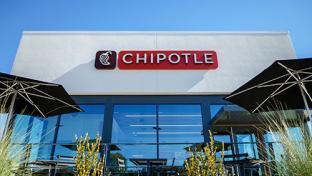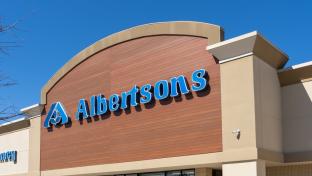CSA Retail Buzz
Chain Store Age is excited to announce the launch of CSA Retail Buzz, a new video series designed to provide insights and observations on the trends and innovations shaping retail.
Trending
Subscribe to our Newsletters
Subscribe to Chain Store Age editorial newsletters and get all the latest industry news and reports in your inbox.
From finance and technology to store expansion and real estate, we've got you covered.
-
- 4/25/2024
TikTok isn’t going away, but…
It is unlikely TikTok will disappear from the U.S., but also unlikely it will continue operating without significant changes. - 4/19/2024
What Amazon’s robotic fulfillment centers reveal about e-commerce
A visit to the new automated Amazon fulfillment facility in Massachusetts was eye-opening on several levels.
- 4/25/2024
-
- 4/24/2024
Three steps to take before equipping frontline retail workers with body cameras
As retail crime remains an issue for stores nationwide, companies will continue to search for new tools and technologies to keep associates and customers safe. - 4/23/2024
Buy online, pickup in store — Understanding and managing the complexities
In the post-COVID economy, BOPIS has become increasingly popular with both retailers and consumers, particularly in the era of e-commerce and omnichannel retailing.
- 4/24/2024


























